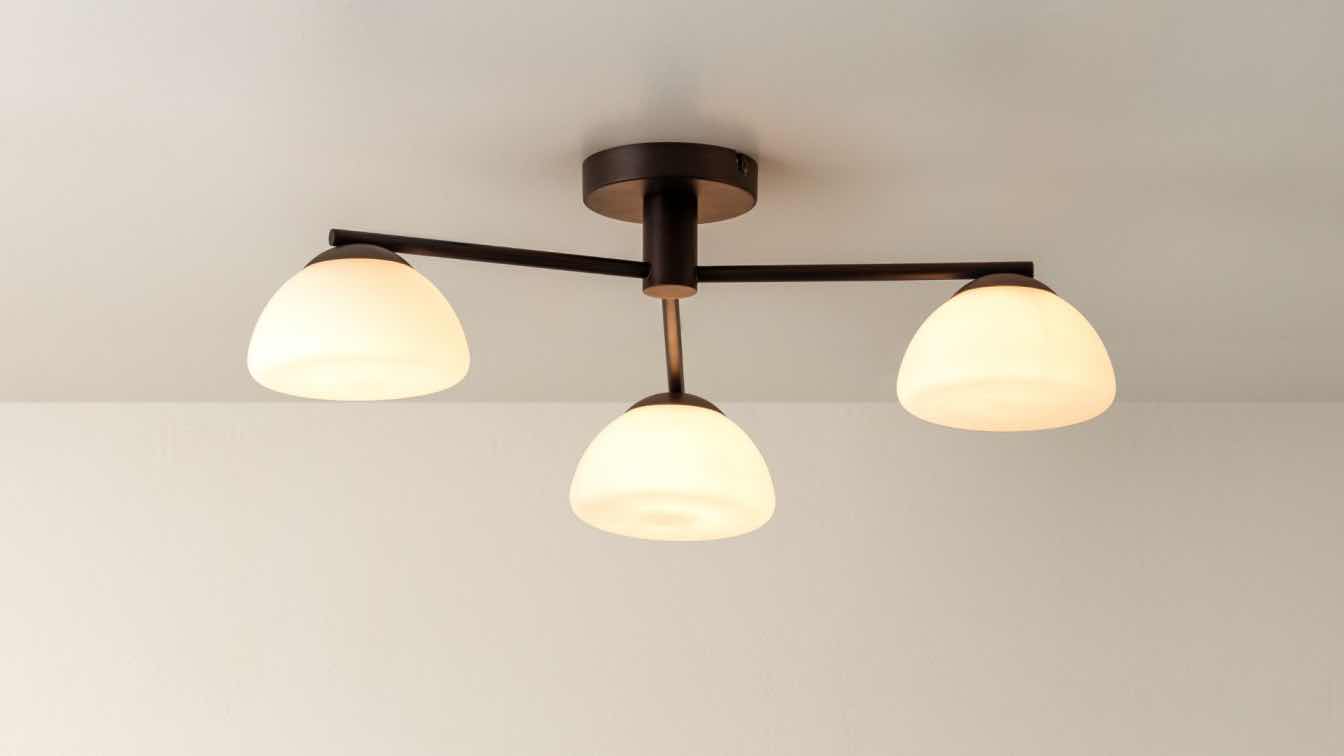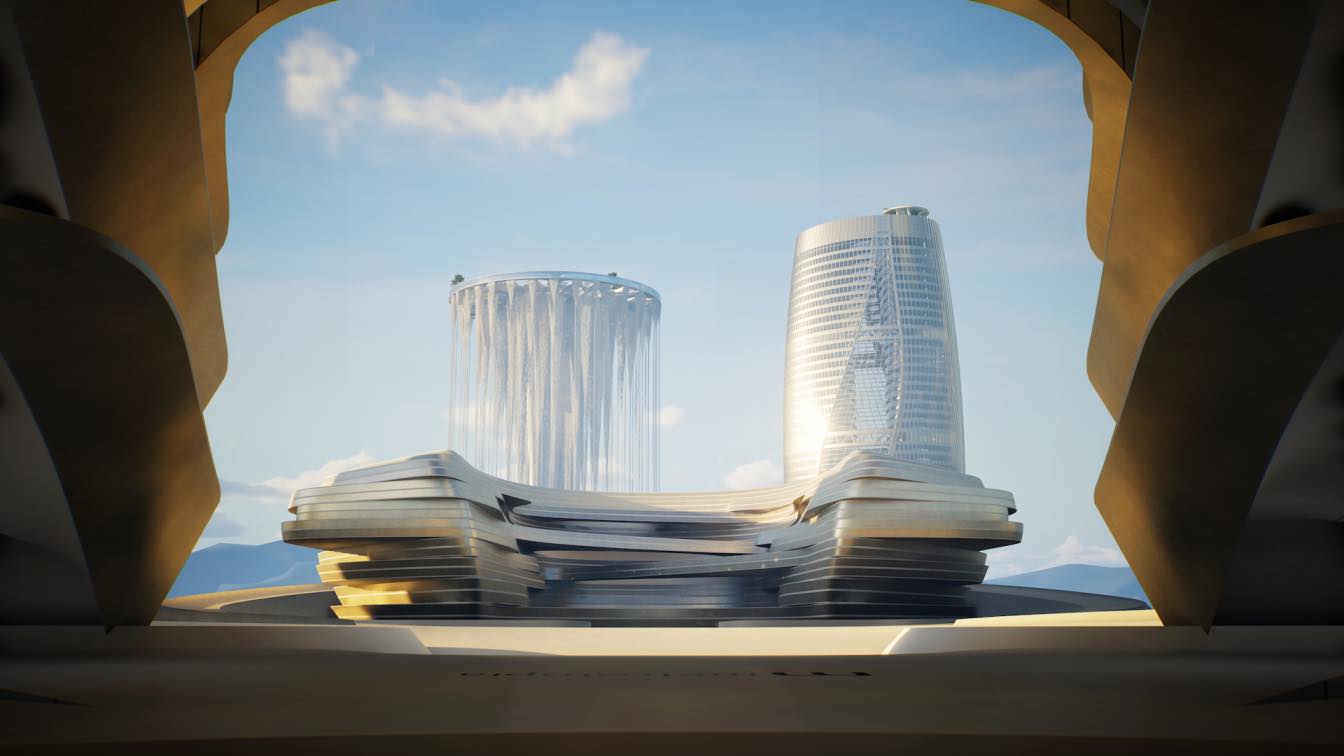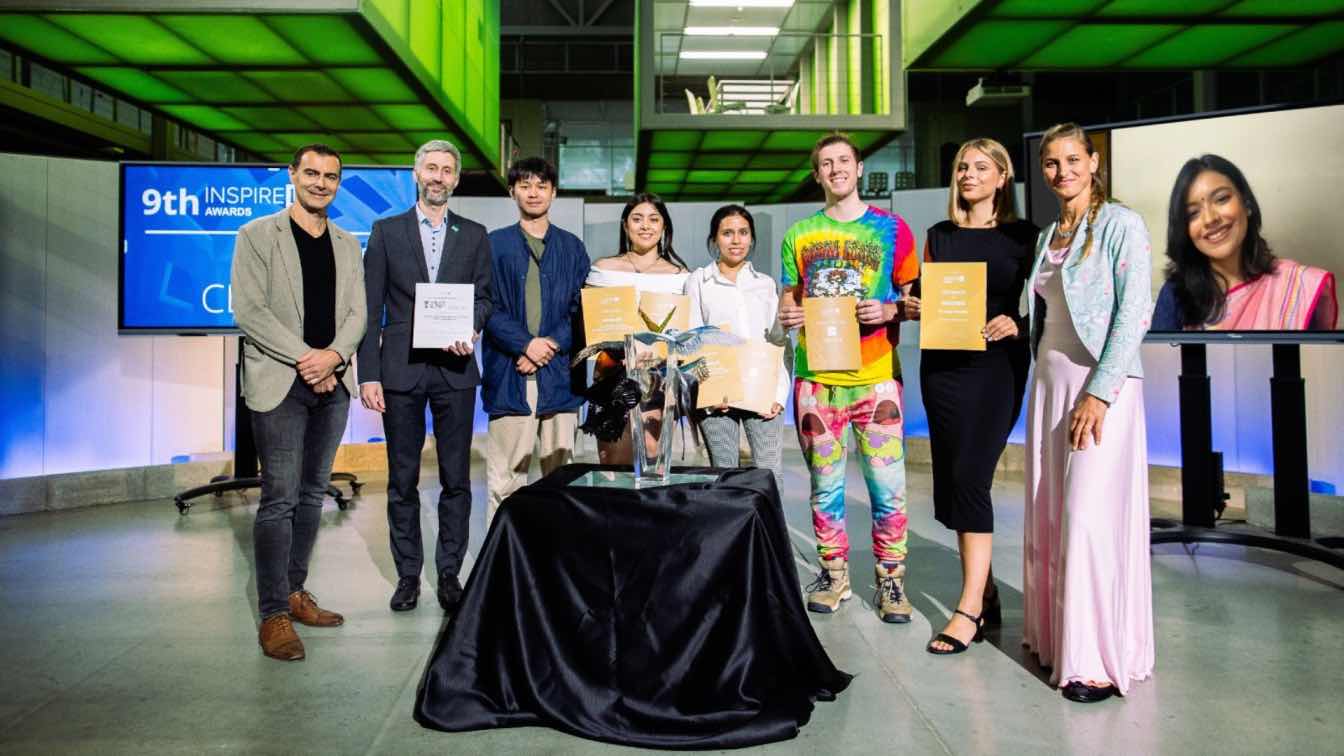The British Council announces today that a team of architectural practitioners selected to represent the UK at the 19th International Architecture Exhibition at La Biennale di Venezia 2025.
The collaborative UK-Kenya curatorial team selected is:
• Owen Hopkins, Director of the Farrell Centre at Newcastle University
• Dr Kathryn Yusoff, Professor of Inhuman Geography at Queen Mary University
• Kabage Karanja, Co-founder & Director of Cave_bureau based in Nairobi, Kenya
• Stella Mutegi, Co-founder & Director of Cave_bureau based in Nairobi, Kenya
A panel of architects, educators and cultural professionals from across the UK and Kenya, chaired by the British Council’s Sevra Davis, selected the winning team from a shortlist of four proposals.
The exhibition will explore architectures of repair, restitution, and renewal. Conceiving architecture as an earth practice that is implicated in empires of extractive geology, it looks to vernaculars as sites where the parallel and interconnected tasks of decarbonising and decolonising can be further explored and expressed.
The exhibition will include a range of sensory-based physical and digital installations, transforming the 2025 British Pavilion into a site of reinvention and reimagining for architecture and for the earth.
The 19th International Architecture Exhibition will be held from Saturday 24 May to Sunday 23 November 2025 (pre-opening May 22 and 23).
The British Council has been commissioning the British Pavilion in Venice since 1937, showcasing the best of the UK's artists, architects, designers and curators.
These exhibitions, and the Venice Fellowships initiative introduced in 2016, help make the British Pavilion a platform for discussion about contemporary art and architecture.
Sevra Davis, Director of Architecture Design Fashion at the British Council said: “The British Council is delighted to announce the appointed UK-Kenya team of Owen Hopkins, Kabage Karanja, Stella Mutegi and Kathryn Yusoff to develop and deliver the British Pavilion at the 19th International Architecture Exhibition at the Venice Biennale in 2025. As part of the upcoming 2025 UK-Kenya Season of Culture, this appointment marks the first time that the British Council uses our platform as a cultural relations organisation to celebrate international connection and collaboration through the British Pavilion in Venice. I look forward to working with the appointed team to develop and deliver an exhibition that speaks not only of an ‘architecture of repair’ but also celebrates cross-cultural knowledge creation. The exhibition will acknowledge the past while presenting an exciting vision for a more equitable future. I would like to thank all the teams that submitted proposals for the 2025 exhibition for the time and energy that went into the applications.”
Professor Aseem Inam of the Selection Committee said: “The selected proposal is remarkably provocative, creative, and thoughtful. The proposal recognizes that architecture has been complicit in inequality and environmental degradation, but that it also offers opportunities for repair, restitution, and renewal. Through a collaboration between a Nairobi-based curatorial and architectural practice, a Newcastle-based curator and writer, and a London-based professor of inhuman geography, the team will curate and present restorative and ameliorative projects in the UK, Kenya, and elsewhere. We look forward to the realisation of this remarkable exhibit!”
The appointed curatorial team said: “We are honoured to have been selected to curate the British Pavilion at La Biennale di Venezia 2025. Our UK and Kenya combined team intersects multiple disciplines and geographies, with a critical perspective on how to use this unique platform. The exhibition will map architectures from across the world defined by an embedded relationship to the ground, which are resilient in the face of climate breakdown, social, economic and political upheaval; and that offer refuge and empowerment for the most climate exposed communities. To frame this, we intend to conceptually reinscribe the British Pavilion by turning it inside out and unearth what these acts of repair might look like when framing a planetary vernacular."
Tom Porter, Country Director Kenya, at the British Council said: “This landmark collaboration at the Venice Architecture Biennale presents a timely opportunity to celebrate creative collaboration between the UK and Kenya on a global stage. The programme will be a highlight of our UK Kenya Season 2025. The team’s ambition to explore repair, restitution, and renewal will inspire important conversations and bring nuanced perspectives to architecture's impact on people and our planet.”
Biographies of appointed team members:
Owen Hopkins is Director of the Farrell Centre at Newcastle University – a new public centre for architecture and cities which he has led since 2019 and through its opening in April 2023. In this role, he is responsible for all aspects of centre’s programme, management and operations. Previously he was Senior Curator of Exhibitions and Education at Sir John Soane’s Museum and before that Architecture Programme Curator at the Royal Academy of Arts. Alongside his curatorial activities, he is author or editor of numerous books and journals, and writes regularly on architecture for a range of publications. He lectures internationally and is a frequent commentator on architecture in the press, on TV and radio.
Kathryn Yusoff is Professor of Inhuman Geography at Queen Mary University of London. Her transdisciplinary research addresses the colonial afterlives of geology and race as a site of planetary transformation and social change. Broadly, her research focuses on: Geologies of Race, published in A Billion Black Anthropocenes or None (University of Minnesota Press, 2019) and Geologic Life: Inhuman intimacies and the Geophysics of Race (Duke University Press, 2024); Inhumanities, an ongoing call for epistemic and pedagogical change that argues the need to recentre who and what the humanities has chosen to overlook in its stories of the earth and; Planetary Portals, a collective engaged in creative responses to the epistemic violence of coloniality and its present(s) that requires representational repair and environmental reparation. She is recipient of the 2022 Association of American Geography Stanley Brunn Award for Creativity.
Kabage Karanja is an architect, co-founder and director of Cave_bureau, an architectural and research firm based in Nairobi that he started alongside Stella Mutegi in 2014. He leads the research and aesthetic direction of the bureau and is currently an Adjunct Assistant Professor at Columbia University’s Graduate School of Architecture Planning & Preservation. He writes on architecture and is regularly invited to lecture and review student work at universities around the world. Since 2017 he has led the research project titled “The Anthropocene Museum”, that has been exhibited at the Guggenheim Museum, twice at the 17th and 18th International Architecture Exhibition at La Biennale di Venezia, where Cave_bureau received a special mention for the installation "Obsidian Rain” in 2021. Most recently he co-curated the final series of “The Architects Studio” solo show that featured the works and collection of Cave_bureau at the Louisiana Museum of Modern Art in Denmark.
Stella Mutegi is an architect, co-founder and director of Cave_bureau, an architectural and research firm based in Nairobi that she started alongside Kabage Karanja in 2014. She heads the technical department at Cave, where she orchestrates the seamless coordination of Cave’s ideas into built form. Since 2017, she has worked on Cave_bureau’s research project “The Anthropocene Museum” which has been exhibited in prestigious institutions around the world. Twice exhibiting at both the 17th and 18th International Architecture Exhibition at La Biennale di Venezia as well as in the final series of “The Architects Studio” at the Louisiana Museum of Modern Art in Denmark. Together with Kabage Karanja, she has given several lectures to students and presented talks in architectural symposiums around the world. Stella also writes on architecture and is regularly invited to review student work in universities around the world. She is currently an Adjunct Assistant Professor at Columbia University’s Graduate School of Architecture Planning & Preservation.
The advisory panel of leading architecture professionals changes for every edition of the Architecture Biennale. The panel selecting for 2025 consists of:
Sevra Davis (Chair), Commissioner of the British Pavilion; Director of Architecture Design and Fashion at the British Council
Grace Choi, Director, Grace Choi Architecture
Tom Dyckhoff, Architecture critic, historian, broadcaster and judge on Channel 4’s ‘Handmade: Britain's Best Woodworker’
Professor Aseem Inam, Professor and Chair in Urban Design, Welsh School of Architecture, Cardiff University
Joy Mboya, Cultural Activist and Founding Executive Director of the GoDown Arts Centre, Nairobi, Kenya
Professor Washington Ochieng, Professor at Imperial College and Trustee of the Science Museum
Muyiwa Oki, President of the Royal Institute of British Architects (RIBA)
Dr Huda Tayob, Lecturer in Architectural Studies at Manchester School of Architecture
Tamsie Thomson, CEO, The Royal Incorporation of Architects in Scotland (RIAS)
This year, the British Council also shares details of the three other projects that were shortlisted from all the proposals for the British Pavilion commission.
They are:
Team: MSOMA Architects (Bushra Mohamed and Nele Bergmans)
Synopsis: Both Kenya and the UK are in need of affordable homes; the proposed exhibition will showcase how we can design future homes that suit the social, cultural and climatic needs by exploring Kenya’s historic housing typologies and how they can influence future dwellings.
Team: Material Cultures (George Massoud), YAA Projects (Nana Biamah-Ofosu) and Sandra Githinji
Synopsis: The exhibition proposal explores land as architectural resource and cultural phenomenon. Focused on the United Kingdom and Kenya, we will explore myth and ritual, building culture and material extraction, and power and territory. Land, while local and contextual, is also the result of global process and flows. Typically conceived as static, land is continuously made, unmade, remade according to our need for subsistence, shelter and material resource.
Team: A Small Studio (Dr. Helena Rivera), Constance Smith, James Muriuki and Wajukuu Collective
Synopsis: The exhibition proposal considers the role of architecture as an actor in the Anthropocene: the geological epoch in which human impact is registered on the planetary record. Reflecting on architecture’s contribution to both climate impacts and sustainable solutions, a participatory installation would explore possibilities for architectural ‘waste’ as a grounds for shared material experimentation.
About the British Council
The British Council is the UK’s international organisation for cultural relations and educational opportunities. We support peace and prosperity by building connections, understanding and trust between people in the UK and countries worldwide. We do this through our work in arts and culture, education and the English language. We work with people in over 200 countries and territories and are on the ground in more than 100 countries. In 2022-23 we reached 600 million people. [{britishcouncil.org}]www.britishcouncil.org





